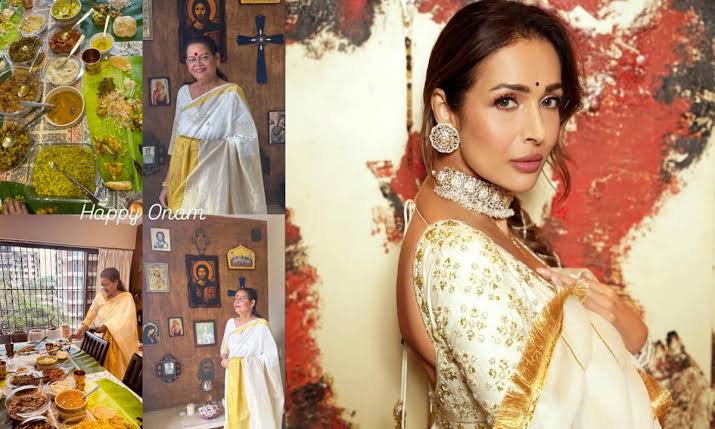 Image Source: No Kill Magazine
Image Source: No Kill Magazine
Fashion is no longer just about what we wear—it’s about how we live, vote, consume, and connect. A newly launched book titled Fashion, Popular Culture and Political Economy by Nirupama Singh Dar is making waves in academic and cultural circles for its bold exploration of fashion’s role in shaping postmodern democratic societies. Released in New Delhi and published by Routledge, Taylor & Francis, the book dives deep into how fashion operates as a market force, cultural mirror, and political tool.
With endorsements from industry leaders like Sunil Sethi, Chairman of the Fashion Design Council of India, the book is being hailed as a landmark contribution to fashion scholarship. It doesn’t just celebrate style—it interrogates it, tracing its impact on economies, identities, and sustainability.
Key Takeaways From The Launch
• The book was unveiled in the Indian capital with support from leading fashion voices and cultural commentators.
• It explores fashion’s intersection with political economy, popular culture, and democratic values.
• Nirupama Singh Dar emphasizes India’s unique position in preserving handloom and artisanal crafts, offering a sustainable alternative to fast fashion.
• The publication by Routledge, a globally respected academic house, marks a rare achievement for an Indian author in this field.
Fashion As A Force Beyond Aesthetic
At the heart of the book lies a provocative thesis: fashion is not just a reflection of society—it actively shapes it. From influencing consumer behavior to reinforcing class structures and political ideologies, fashion is presented as a dynamic force that extends far beyond runways and retail.
Dar argues that in postmodern democracies, fashion plays a role in identity formation, social mobility, and even civic engagement. The book draws on examples from global fashion movements, celebrity culture, and grassroots design initiatives to illustrate how clothing choices can signal resistance, conformity, or aspiration.
India’s Handloom Heritage As A Global Answer
One of the most compelling sections of the book focuses on India’s handloom and embroidery traditions. Dar positions these crafts not just as cultural artifacts but as strategic responses to the environmental crisis posed by fast fashion. With global fashion brands under scrutiny for their carbon footprints, India’s artisanal sector offers a model of low-impact, high-value production.
The book highlights:
• The continued relevance of handwoven textiles in India’s fashion economy
• The role of rural artisans in sustaining heritage techniques
• The potential for handloom to serve as a counter-narrative to mass-produced fashion
• How India’s fashion identity can evolve without losing its roots
Why This Book Matters Now
The timing of this release couldn’t be more relevant. As fashion grapples with questions of sustainability, inclusivity, and cultural appropriation, Dar’s work offers a framework for understanding these issues through the lens of political economy. It’s not just about what’s trending—it’s about what’s transforming.
Readers are invited to consider:
1. How fashion influences public discourse and consumer ethics
2. The economic structures that support or exploit fashion labor
3. The cultural narratives embedded in everyday clothing
4. The role of fashion in shaping national and global identities
A Rare Achievement For Indian Fashion Scholarship
Sunil Sethi’s remarks at the launch underscored the significance of this publication. Being published by Routledge is a milestone for any academic, and even more so for an Indian author writing on fashion’s socio-political dimensions. It signals a growing recognition of India’s intellectual contributions to global fashion discourse.
Dar’s book is expected to become essential reading for fashion students, cultural theorists, and policymakers alike. It bridges the gap between style and substance, offering a rich, interdisciplinary perspective on one of the most visible yet under-analyzed aspects of modern life.
Final Thoughts
Fashion, Popular Culture and Political Economy is more than a book—it’s a call to rethink how we engage with clothing, culture, and commerce. In a world where fashion choices can reflect values, challenge norms, and shape futures, this work reminds us that what we wear is never neutral.
Sources: MSN India, Hindustan Times.
Advertisement
Advertisement





